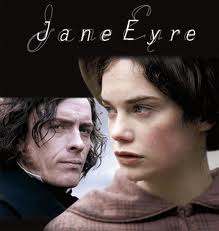'Did I request thee, Maker, from my clay to mould Me man? Did I solicit thee from darkness to promote me?' (Paradise Lost, Milton)
Frankenstein is a book about morals, specifically the morals of creation. Victor Frankenstein creates the monster in a rush of scientific discovery and fails to consider the responsibility that follows the creation of life or sentience. The repercussions of this lack of forethought are vast as Victor is unable to deal with the monster effectively, he alienates his creation and eventually helps cause it to turn to evil.
The main thinking point I took from the novel was the issue of humanity and when something becomes human and which qualities are valued as humanising. In the novel the reason Frankenstein's experiment is referred to as a monster is his appearance rather than his more humanising aspects. There is no distinction made between Frankenstein and the creature in terms of their speech and the monster shows an instinct for kindness both in his treatment of the DeLacey family and his rescue of the drowning girl, both of these acts are repelled and condemned due to his aggressively ugly countenance. At the beginning he is intelligent, gentle, kind and obsessed with approval by any party but particularly approval from his father figure, his creator, Victor Frankenstein. This well meaning, misunderstood creature is destroyed by the aggressive dislike he is shown by all who meet him. The monster then turns into a creature whose one focus is to have a companion, due to his father figures disgust with him he instead asks for a wife to accompany him and provide him with someone he can love and receive love from, something he has only ever observed as an outsider and something he craves above anything. Frankenstein denies him love for the second time when he refuses to make Frankenstein a wife and this is what truly pushes Frankenstein over the edge and into evil.
To me Frankenstein became a tragedy about a man who has a fully functioning intellect but a childlike attitude to emotion. I found him an intensely sympathetic character, a teenager asking why he was created, demanding someone take responsibility for his creation.


